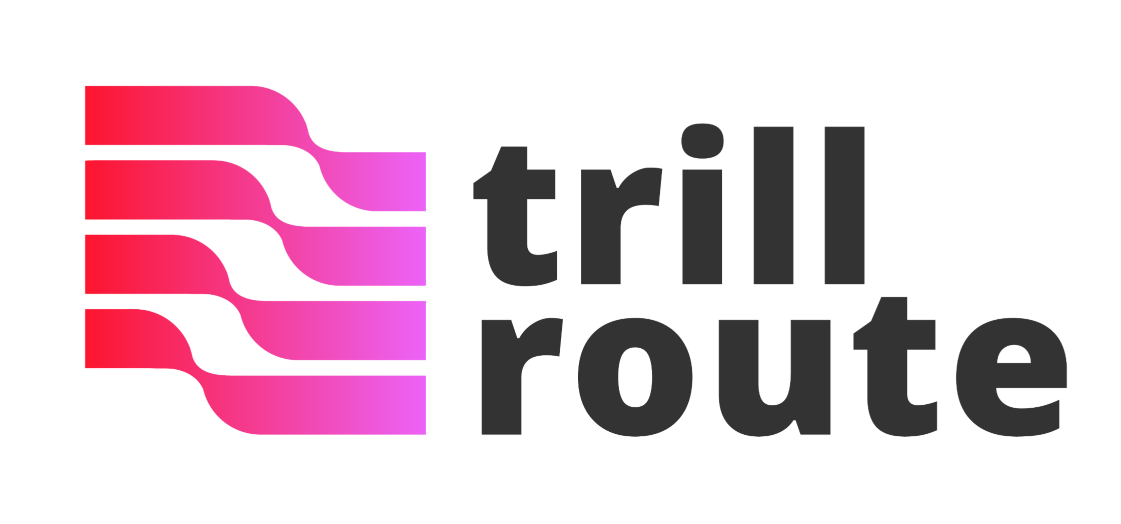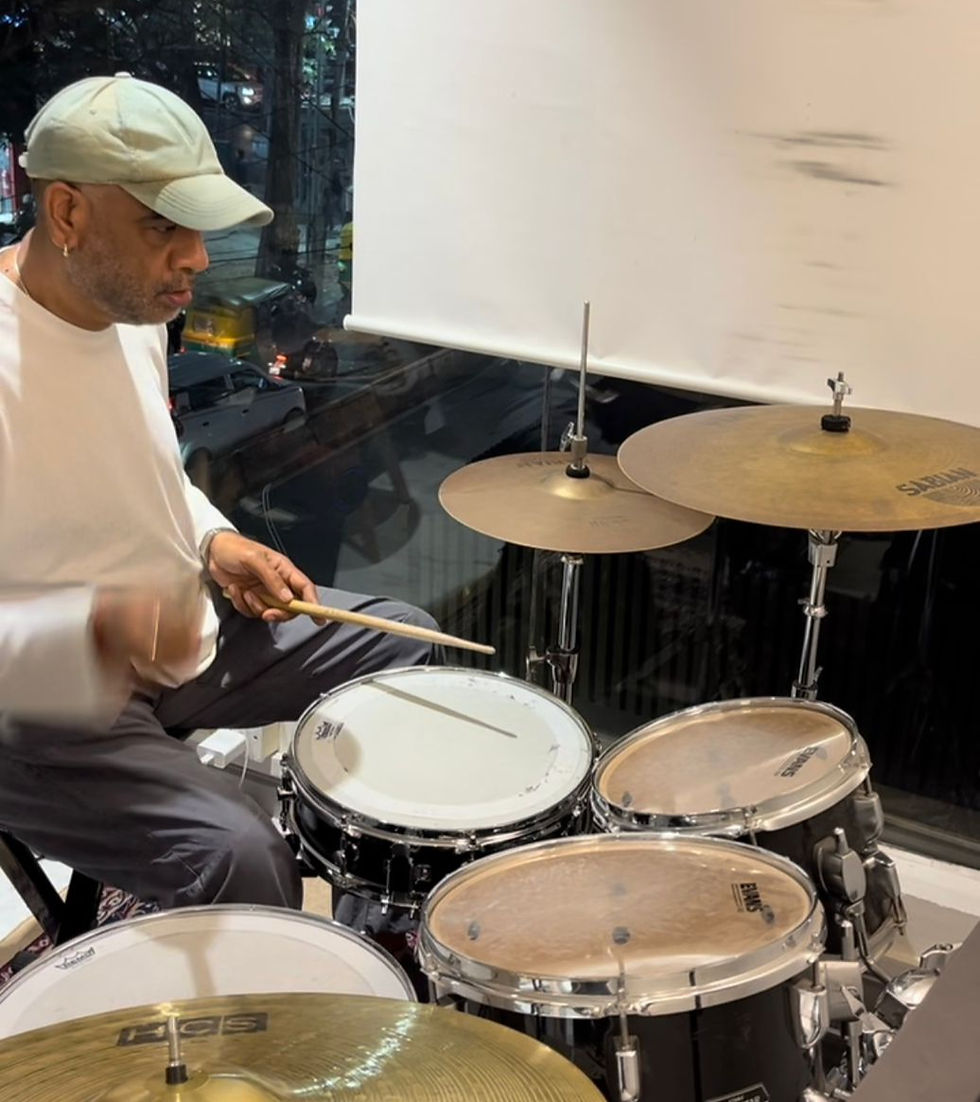How to find the right music school for you
- Trill Route
- Jan 14, 2023
- 5 min read
Finding the right music school can be a daunting task, but with the right approach and information, you can make the process a lot easier. Whether you're a child or an adult, there are a few key factors to consider when selecting a music school.

First, consider what type of music you want to learn. Different music schools may specialise in different styles of music, such as classical, jazz, or rock. If you're a child, it's important to think about what type of music they might be interested in, as well as what type of music will be the most engaging for them. If you're an adult, think about what type of music you've always wanted to learn or what style you're interested in.
Second, consider the level of instruction you need. Some music schools may offer beginner-level classes, while others may offer more advanced classes for experienced musicians. If you're a child, think about what level of instruction they are ready for. If you're an adult, think about what level of instruction you need to reach your goals.
Third, think about the location and schedule of the music school. It's important to find a music school that is easily accessible and offers classes at a time that is convenient for you. If you're a child, think about what schedule will work best for them and for the family. If you're an adult, think about what schedule will work best for you.
Fourth, consider the cost of the music school. Different music schools may have different tuition rates and financial aid options. It's important to find a music school that is affordable and fits within your budget.
Fifth, check the reputation of the music school. Read reviews, ask for recommendations, and check the school's website to get an idea of the quality of instruction and the general atmosphere of the school.
Once you have considered these factors, you can start looking for a music school. Here are a few ways to find the right music school:
Ask for recommendations: Ask friends, family, or other musicians for recommendations. They may have had a positive experience at a music school and can provide valuable insight.
Search online: Use the internet to search for music schools in your area. Many music schools have websites that provide information about the school, the instructors, and the classes offered.
Visit the school: Visit the music school in person and talk to the instructors. This will give you a better idea of the quality of instruction and the atmosphere of the school.
Check for accreditation: Check if the school is accredited by a reputable music education organisation, this will ensure that the school meets certain standards of quality.
Try a trial class: Most music schools offer a trial class, it will give you an idea of the level of instruction and the style of teaching.
Check for facilities: It's important to check the school's facilities, such as the quality of the instruments, the acoustics of the practice and performance spaces, and the availability of technology and resources.
Look for extracurricular activities: Many music schools also offer extracurricular activities such as concerts, recitals, and competitions. These activities can provide valuable performance opportunities and will give you a sense of the school's community and culture.
Consider the school's curriculum: Look into the curriculum of the school, check if the school has a well-rounded education that includes not only performance but also music theory, history and other related subjects.
Check the school's faculty: Look into the school's faculty and check their credentials, experience and achievements, it will give you an idea of the quality of instruction you can expect.
Ultimately, finding the right music school is a personal decision that depends on your individual needs and goals. By considering the factors mentioned above, and using the methods provided, you can find a music school that will provide you with the instruction, support, and resources you need to achieve your musical aspirations.
It's important to consider the availability of group lessons, private lessons, ensemble opportunities, and a musical community when selecting a music school.
Group lessons can be a great way for students to learn from each other and to experience the social aspect of making music, even in a minimal crowd setup. A smaller group setting can allow for more personalised instruction and better quality of learning. Group lessons also provide an opportunity for students to learn ensemble skills, such as listening, coordinating and playing together. In a smaller group setting, students will have more opportunities to practice these skills and receive more individualized feedback from the instructor.
If you're a child, group lessons may be a good option as they can help them develop social skills and make friends with similar interests, even in a smaller group setting. They will have the opportunity to interact with their peers and learn from each other. If you're an adult, group lessons may be a good option if you're looking to make friends and enjoy the social aspect of making music, even in a minimal crowd setup. You will have the opportunity to connect and collaborate with other like-minded individuals.
When it comes to learning music, private lessons can be a valuable tool for students of all skill levels. Whether you are a beginner, an intermediate player or an advanced musician, private lessons can provide a tailored and personalized approach to music instruction, which can help to enhance your musical journey.
For beginners, private lessons can provide a solid foundation and help to build the essential skills and techniques needed to progress. For more advanced students, private lessons can offer an opportunity to focus on specific aspects of music, such as technique, theory, and performance, and take their skills to the next level.
Additionally, private lessons can also be a great way for students of all levels to receive feedback and guidance from a professional instructor. This can be especially beneficial for students who may be self-taught or who have been learning music on their own.
Ensemble opportunities are an important aspect of a music education. Ensemble playing, such as being part of a choir, band or orchestra, provides an opportunity for students to play with others and experience the joy of making music together. Ensemble playing can also help students develop listening, coordination and ensemble skills. If you're a child, ensemble opportunities may be a good option as they can help them develop social skills and make friends with similar interests. If you're an adult, ensemble opportunities may be a good option if you're looking to make friends and enjoy the social aspect of making music.
Finally, a musical community is also an important aspect of a music school. A strong musical community can provide students with opportunities for performance, collaboration, and mentorship. It can also provide a sense of belonging and support, as well as opportunities for networking and career development.
In summary, when looking for a music school, it's important to consider the availability of group lessons, private lessons, ensemble opportunities and a musical community.
These factors can play a significant role in the overall experience and success of a student's music education. It's important to find a school that offers a balance of instruction, performance opportunities, and a sense of community that align with your individual needs and goals.





Comments